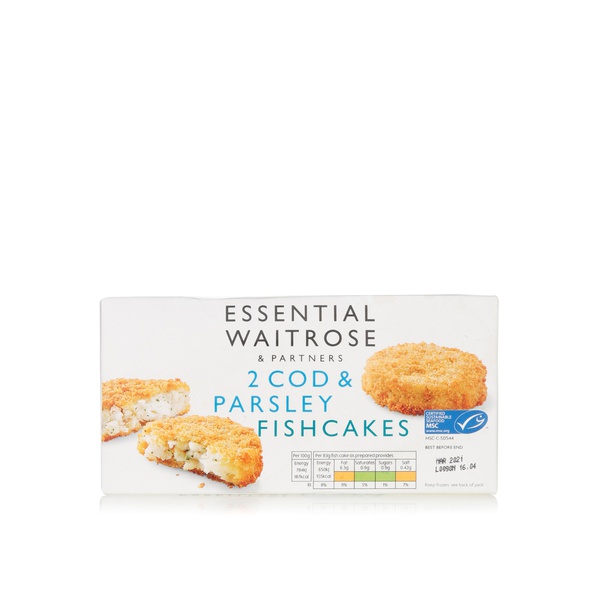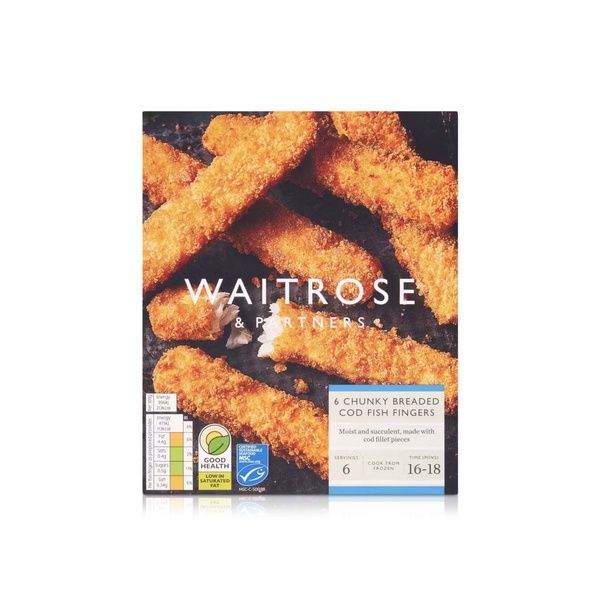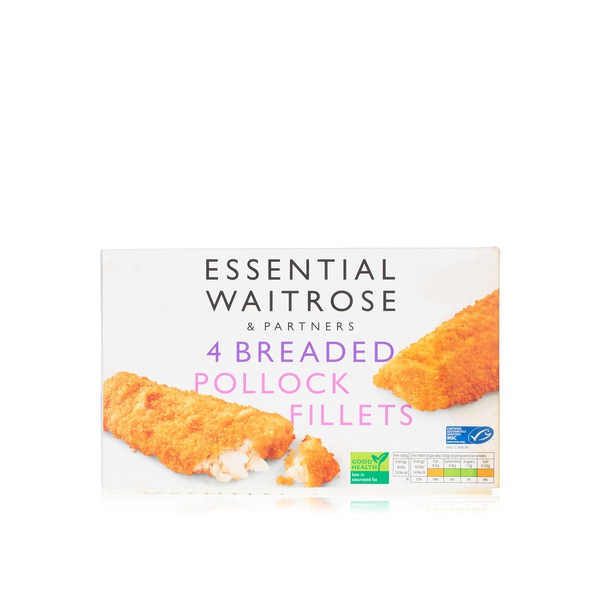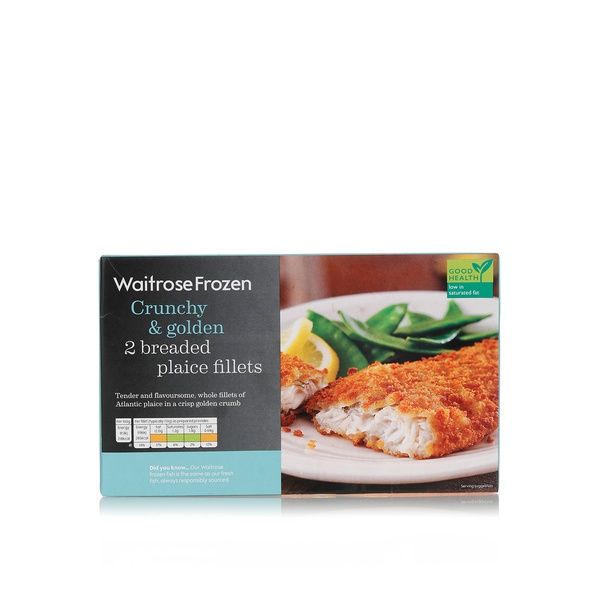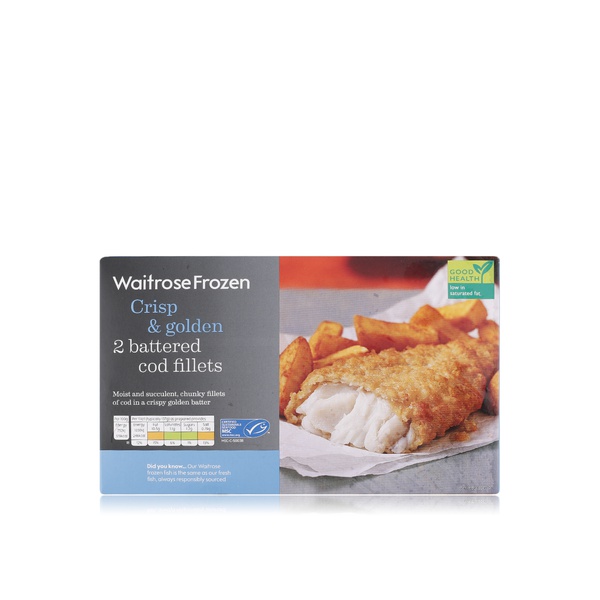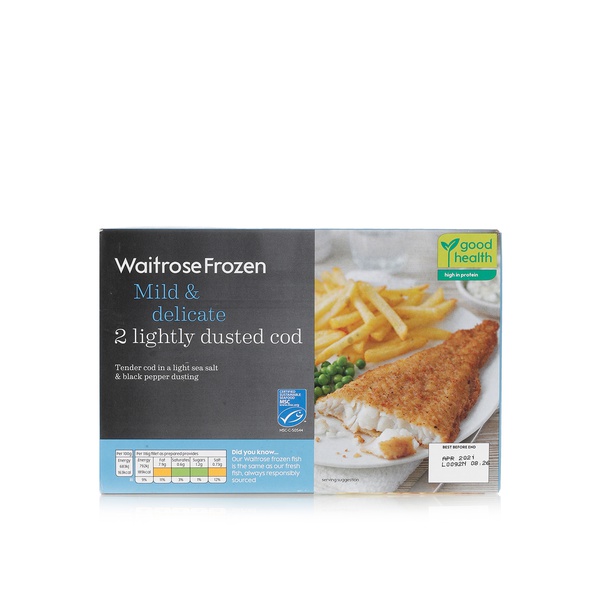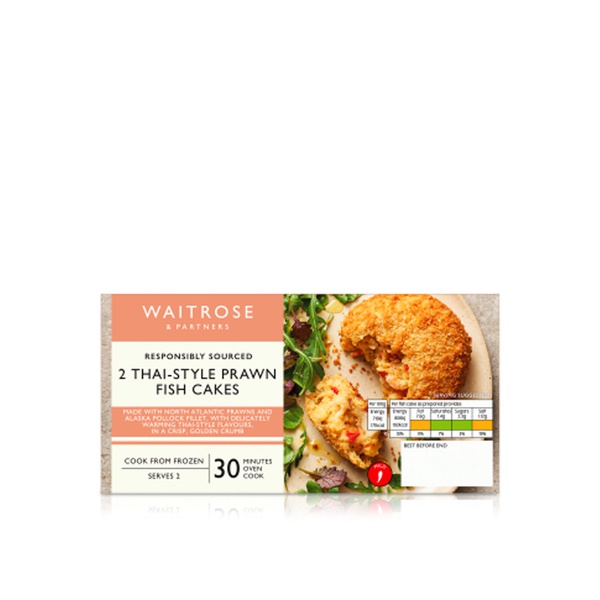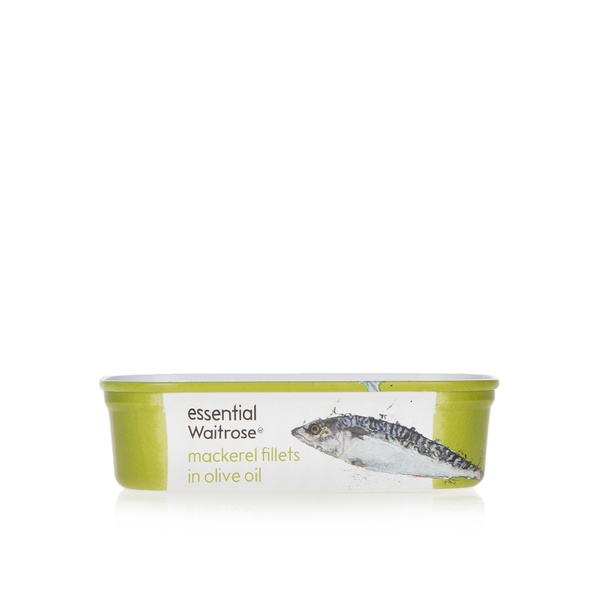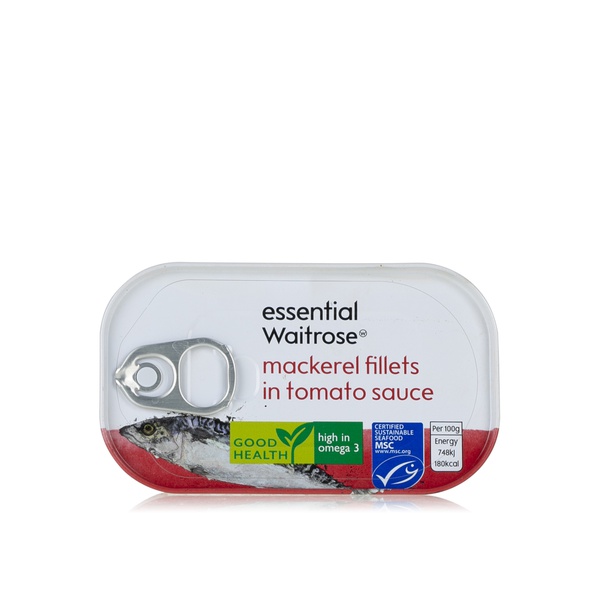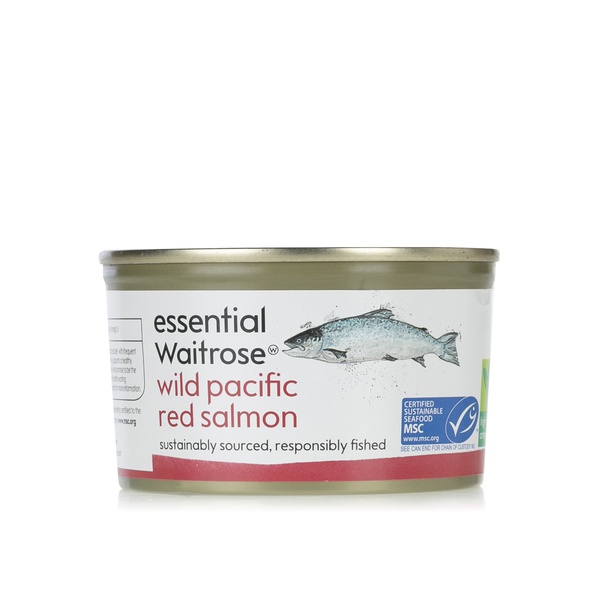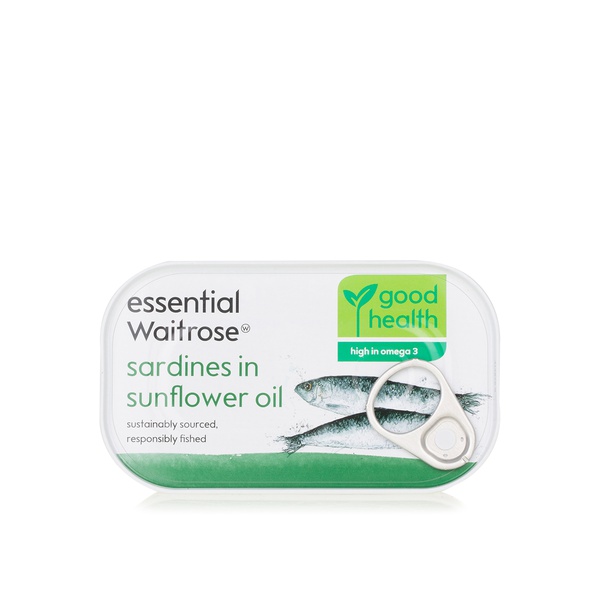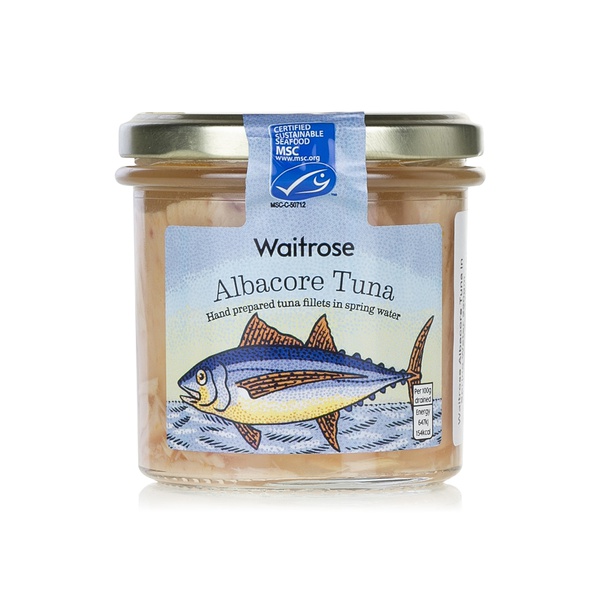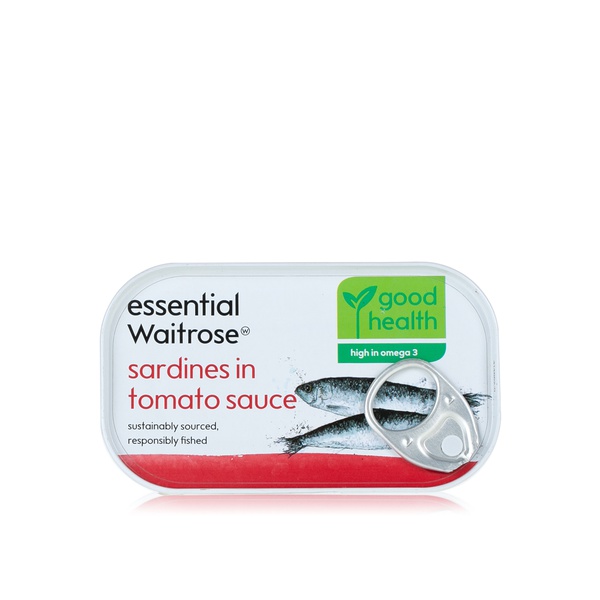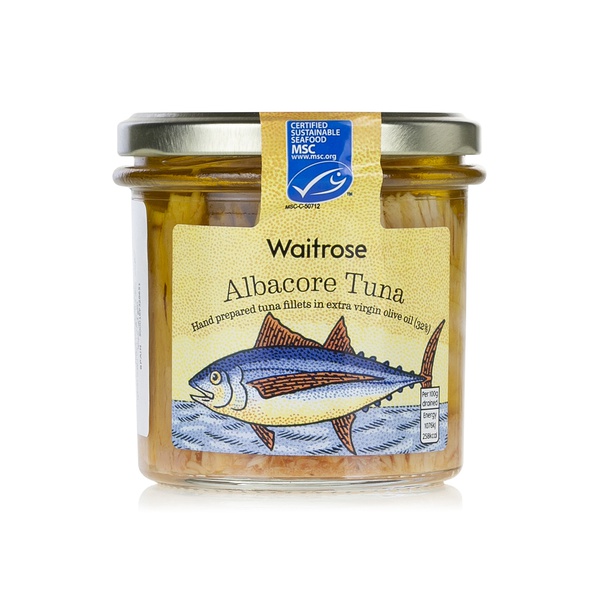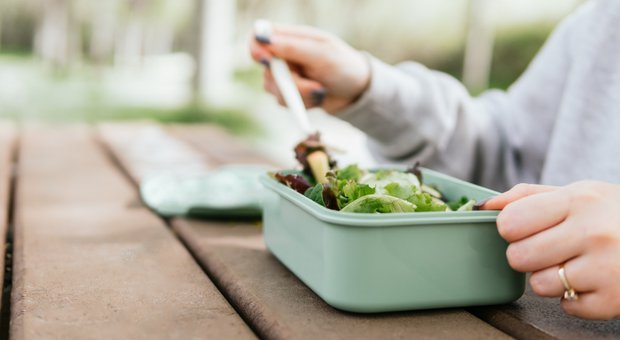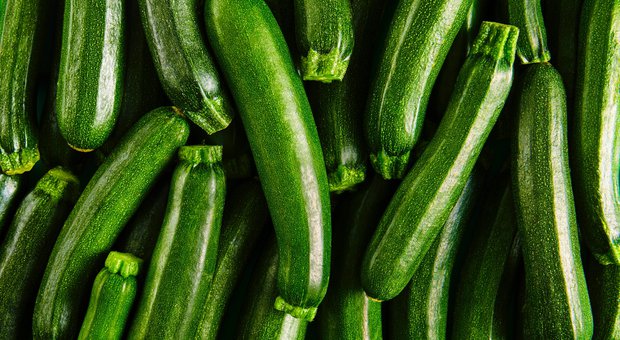Make friends with fish
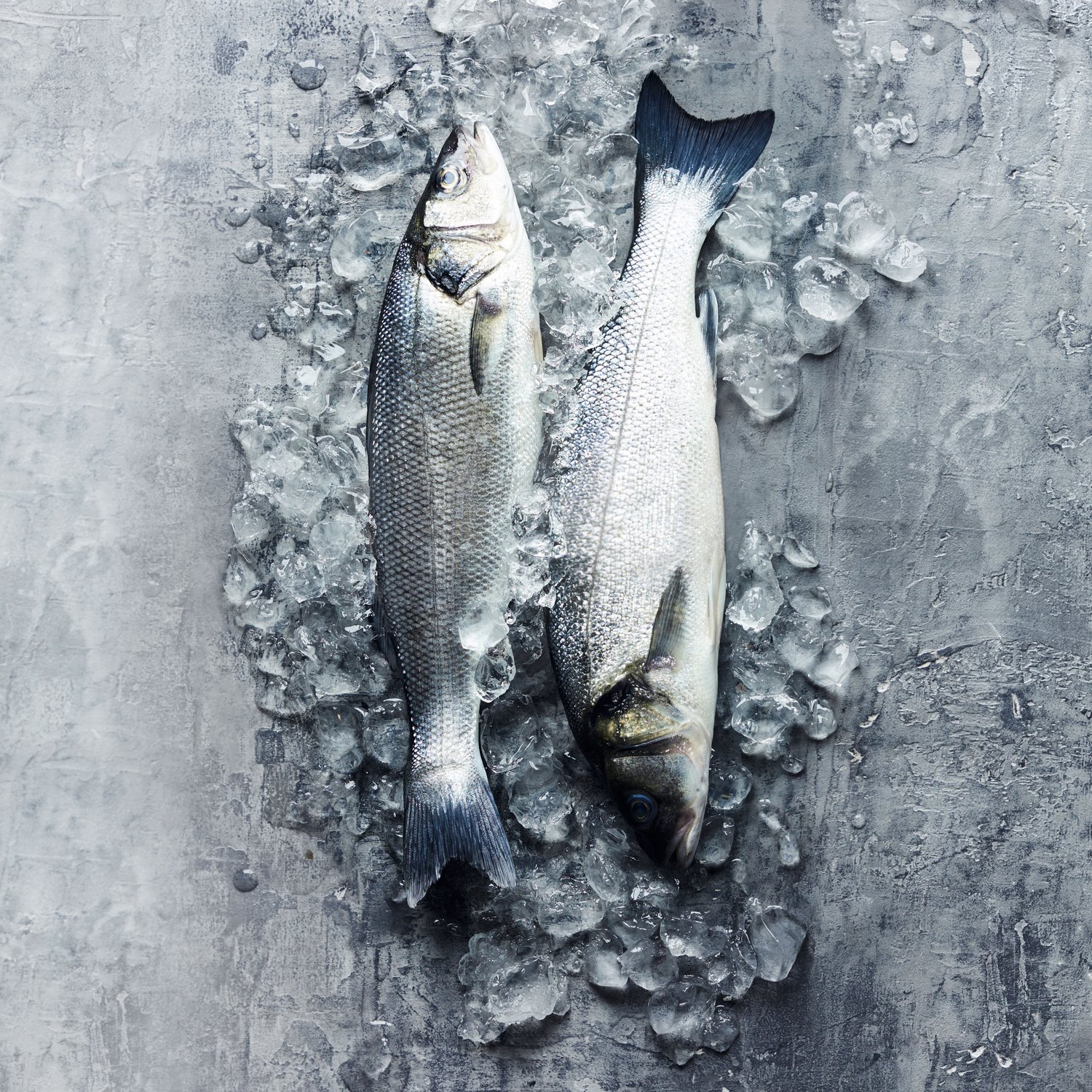
Remember the first time you tasted fish? It may well take you back to after-school fish finger sandwiches, cod and mushy peas from the local chippie or a childhood holiday on the beach. You didn’t know it then, but with each delicious bite, your body was getting a powerful source of protein, vitamins and minerals that are all crucial for children as they’re growing. Oily fish – the type with naturally darker flesh, such as salmon, mackerel, sardines or herring – also includes vitamin D, which helps the body absorb calcium, and maintain healthy bones and teeth.
The reasons for eating more fish run as deep as the sea.”
The reasons for eating more fish run as deep as the sea. For starters, it provides a source of protein – important for the growth and maintenance of muscle – that is lower in saturated fat than most red and processed meats. Fish also provides vitamin B12, which helps to reduce tiredness and fatigue, and it’s a source of the mineral selenium, which supports the healthy maintenance of hair and nails. Don’t forget shellfish: prawns, crab and scallops contain crucial minerals, while mussels and oysters are also a source of iron, important for normal cognitive function. They all count as a portion.
In a wider sense, eating more fish is an easy way to embrace the Mediterranean diet, which many health professionals hold in high esteem. The diet is high in fish, veg, olive oil and fibre-rich cereals and grains (plus not too much meat or dairy) which means it tends to be lower in saturated fat than standard diets. That fact, along with regular oily fish consumption, means it can be beneficial for heart health and may be linked to lower risks of type 2 diabetes and obesity.
Don’t forget shellfish: prawns, crab and scallops contain crucial minerals, while mussels and oysters are also a source of iron, important for normal cognitive function.”
Still not convinced? The evidence in favour of eating more fish continues to grow, with over 2,000 studies published on the subject in the last 20 years. What researchers are most interested in are omega-3 fatty acids: fats that your body can’t make, so must get from food. They play a role in keeping your heart and cholesterol levels healthy and support the maintenance of normal brain function and vision. Oily fish is full of them (though if you prefer white fish, sea bass is one of the few types that also contain omega-3).
The impact of omega-3 on our mind and memory is particularly piquing scientists’ interest. A small study conducted by neuroscientists at Örebro University in Sweden looked at the link between omega-3 and memory in Alzheimer’s patients. They found after six months that the memory function of the patients taking omega-3 supplements was stable, while the patients in the control group (who hadn’t taken supplements) appeared to have worsened.
The evidence in favour of eating more fish continues to grow, with over 2,000 studies published on the subject in the last 20 years.”
Worried about sustainability? You should be; protecting fish stocks means that we can carry on enjoying fish and its health benefits for years to come. The good news, however, is that as members of the Sustainable Seafood Coalition, Waitrose only works with fisheries and aquaculture farms that share its commitment to responsible sourcing and animal welfare.
Waitrose only works with fisheries and aquaculture farms that share its commitment to responsible sourcing and animal welfare.”
EASY WAYS TO EAT MORE FISH
WRAP IT UP
New to cooking fish? Try it ‘en papilotte’ (a French term meaning ‘in paper’). It’s a simple all-in-one method – just place the fish and all your flavourings in a parchment or foil parcel, seal and bake in the oven for perfectly steamed fish.
JUST JUICE
Citrus and fish are a match made in heaven; that’s why so many recipes call for a squeeze of lemon to serve. But do try other citrus fruit such as limes, tangerines and grapefruit too.
SMOKE SIGNALS
Smoked fish is a delicious and useful fridge standby. Scrambled eggs and smoked salmon, kedgeree or kippers on toast all work for a quick meal with many of the benefits of fresh fish, though do watch your salt intake.
ON ICE
Fresh fish freezes very well for up to three months. You will need to defrost most fish and seafood overnight in the fridge before cooking, but raw prawns can be cooked straight from frozen – handy for last-minute stir-fries.
